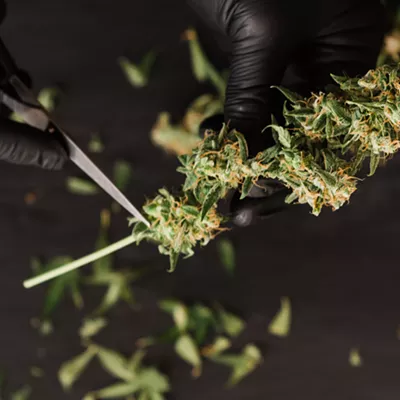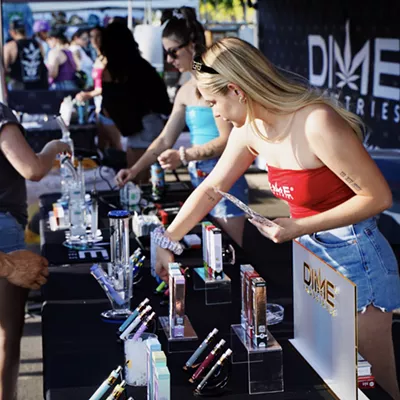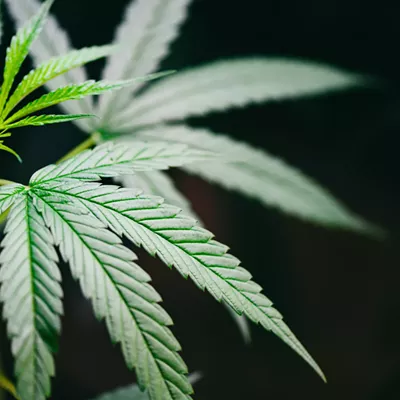In an era saturated with social media influencers, it was inevitable that cannabis would follow suit. But it isn’t so simple. Restrictive cannabis laws have affected social media, leading to accounts being banned or hidden from feeds.
Cannabis influencers may seem kooky, but cannabis brands see them as an attractive marketing option.
Here’s the problem. Cannabis is still illegal at a federal level, so social media platforms have adopted similar protocols, meaning if influencers are talking about cannabis, they risk getting censored or shut down. Although cannabis could be legal in an influencer’s state, it doesn’t matter. Coupled with that is the overall concern of exposing minors to the drug.
This can be confusing, especially within the context of cannabis brands seeking to market their product in a digital medium. On Instagram, for example, community guidelines state that, “buying or selling firearms, alcohol and tobacco products between private individuals, and buying or selling illegal prescription drugs (even if legal in your region) is also not allowed on the social media app.” The rules are similar on platforms like Facebook and Twitter. TikTok is arguably the most restrictive, with an overall ban on showing the marijuana plant. Yet, cannabis brands and influencers have found ways to get creative.
For one, word choice and general phrasing of sentences are a key aspect of bypassing restrictions. Statements such as “in stores now” or “available now” are generally off limits, and can run the risk of an account being flagged or even removed for promoting illegal content. This is why you may see a cannabis brand specify on its account that nothing is for sale, or NFS. It is also important to specify that the account is for those 21 and older.
Similarly, it’s crucial to pay attention to how the product is marketed. Federal law generally does not allow for cannabis brands to state that their product can reduce anxiety and promote sleep. Instead, it’s best to state that the product may be beneficial in managing those ailments. While posting images or videos of a cannabis product is generally allowed, excluding TikTok, social media platforms do not permit posting images that could be construed as glorifying or promoting drug use. This means that it’s best to avoid posting pictures or videos that broadcast the consumption of cannabis overall.
While it’s tricky to post cannabis online, it can be done. But restrictions currently in place can make it difficult to facilitate conversations regarding cannabis education, harm reduction, and even tips to consume a product safely. And until cannabis is legal at a federal level, it seems that this protocol is here to stay.












